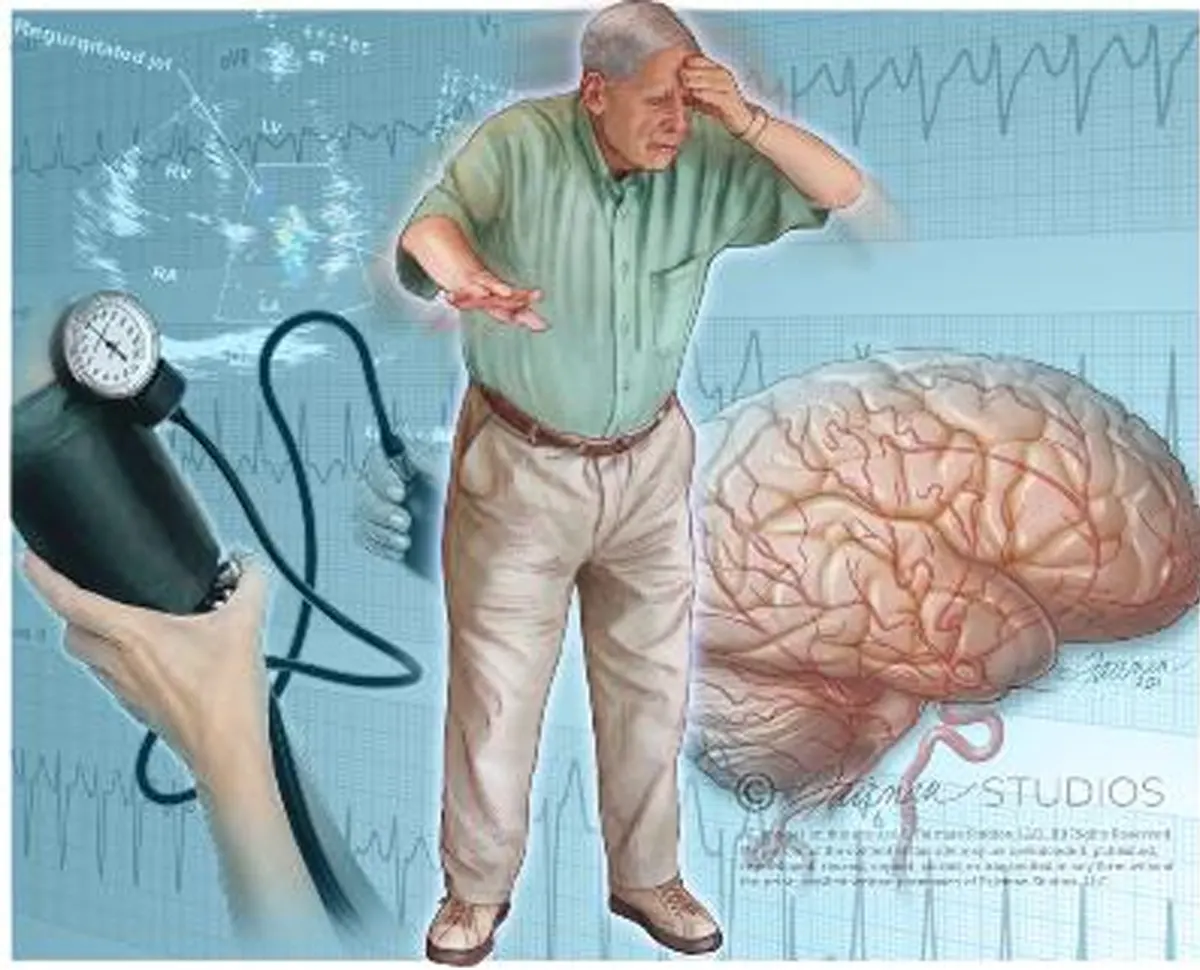Syncope (or simply fainting) may be defined as transient loss of consciousness which comes suddenly, lasts for a short time and is due to diminished blood supply to the brain. The symptoms (fainting, vasovagal attacks) are produced as a result of disorder of circulation in which cardiac output is not sufficient to maintain normal cerebral blood flow. The causes of syncope are many and range from disorders of the heart to emotional factors.
Aetiology
Simple faint – It is of common occurrence and occurs commonly when a person has been standing for long periods (in parades and drills), exhaustion, starvation and excessive heat. Pain especially when severe and unbearable results in syncope.
Carotid sinus Syncope – Changes in carotid sinus pressure are important. Pressure on carotid sinus either as a result of digital pressure, tight collar and any disease in its neighborhood shall produce syncopal attacks due to cerebral anoxaemia.
Diseases of the heart – Disorders of cardiac rhythm (varying degrees of heart block, auricular, flutter, supraventicular, and ventricular tachycardias, ventricular fibrillation adams stokes attacks) are important causes. In cases of tachycardias and heart block, syncopal attacks occur during periods of cardiac asystole. Other cardiac conditions responsible are congenital cyanotic heart disease, aortic stenosis and cardiac temponade.

Orthostatic hypo tension – This may occur in some people while suddenly getting up as in cases of addisons disease and in people on anti hypertensive drugs (ganglion blocking drugs). Levodopa and phenothiazines. In elderly people due to impaired autonomic functions, postural hypo tension results on standing up and while micturiting.
Psychological causes – Fear and sudden anxiety in cases of heightened tension may produce syncopal attack. An unpleasant sight or experience may sometimes be responsible for it. Sudden psychological shock on hearing an unpleasant news produces syncope due to fall in blood pressure as well as slowing of the heart rate.
Physical injury – It may be as a result of trauma to deep lying tissues or a form of minor surgical procedure like venepuncture, lumbar puncture, pleural and ascitic tap where reflex action results in syncope.
Blood loss – Sudden loss of blood which may be excessive produces syncope due to cerebral anoxaemia. Sometimes site of blood in a patient may provoke it.
Hypoglycemia – Low blood sugar levels may result due to starvation, following over dosage of insulin, anti diabetic drugs when food intake has been poor. Tumor of islets cells of pancreas (insulinoma) is an important cause of hypoglycemia lasting for months to years.
Miscellaneous causes include sudden rise in intra-thoracic pressure due to bouts of coughing resulting in diminution of venous return to the heart. Other causes include vertebro basilar, artery insufficiency when blood supply to the brain is effected, sudden movements of neck and allergic reactions.
Clinical picture
Onset of a Syncope attack is sudden. There may be prodromal symptoms in the form of tingling or numbness in limbs, sudden darkness before eyes and patient may have a feeling of blacking out. He is cold and sweating and may fall to the ground suddenly becoming unconscious. Unconsciousness lasts hardly for more than two minutes.
Patients respiration is sighing, pulse is slow and limbs cold and clammy. Pupils may react to light sluggishly and deep reflexes are diminished. Sometimes patient may show convulsive movements though it is not a typical epileptic attack. Patient regains consciousness shortly and may complain of exhaustion and weakness.
Physical examination may not be contributory except in cases of cardiovascular disorders. Postural hypo tension when present is helpful. Presence of cardiac murmurs (aortic stenosis), cyanosis (congenital cyanatic heart disease) and cardiac irregularities are helpful in making an etiological diagnosis. Carotid pulsations are diminished in cases of vertebro basilar artery insufficiency.
Diagnosis
It is based on number of factors. Hysterical syncope occurs in young females while carotid sinus, syncope and cardiac rhythm irregularities occur in elderly individuals. Diagnosis of syncope due to history of prolonged standing, heat exhaustion, starvation, sudden rotation of neck, fall of blood sugar levels in diabetes is made on thorough detailed history.
History of drug intake especially anti hypertensives. Insulin, anti diabetics is also helpful. A detailed physical examination shall confirm any aetiological factor which might be operative. Young females who exhibit emotional ability apprehension and sweating excessively shall favor a diagnosis of hysterical cause of syncope.
Investigations
No specific investigation is required except to diagnose any organic ailment if so present. A blood sugar estimation may be done when hypoglycemia is suspected. Cardiac monitoring may be required in cases with cardiac rhythm disturbance.
Treatment
No treatment except reassurance is required for an ordinary Syncope attack since it is a self limiting disease. Smelling salts are often used in hysterical cases. A case of syncope must be laid on bed, in an airy room. Foot end of the bed be elevated. If blood pressure is on the lower side, vasopressor drugs may have to be administered. For hypoglycemia intravenous glucose be administered immediately. Monitor pulse and blood pressure. Where a cause is operative it should be treated with proper medication especially cases of cardiac arrhythmia.